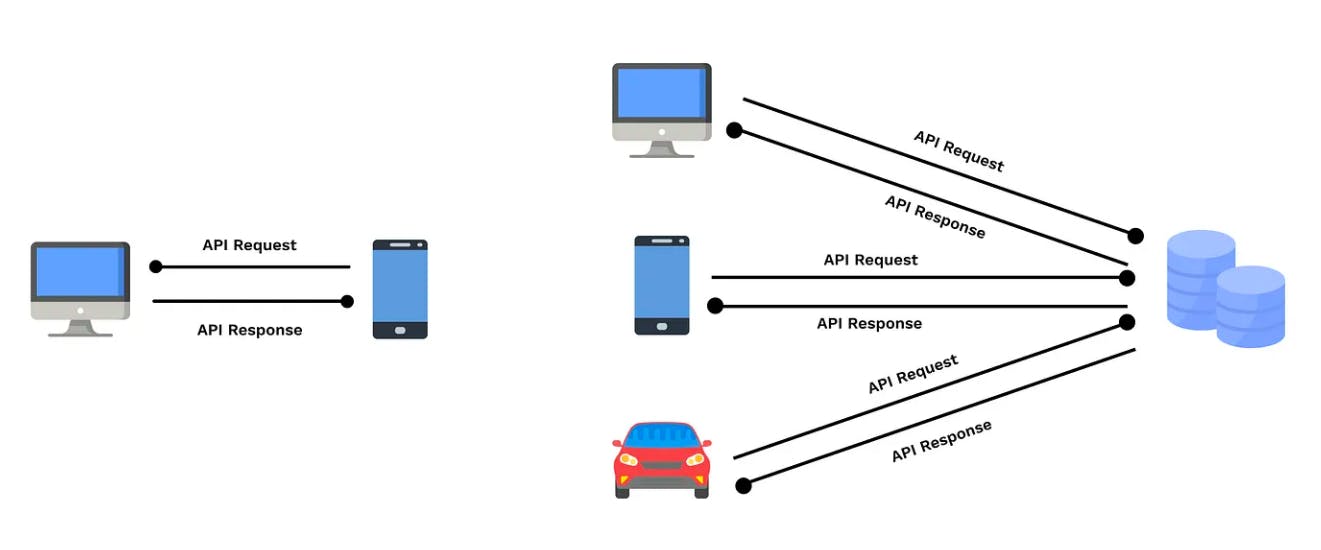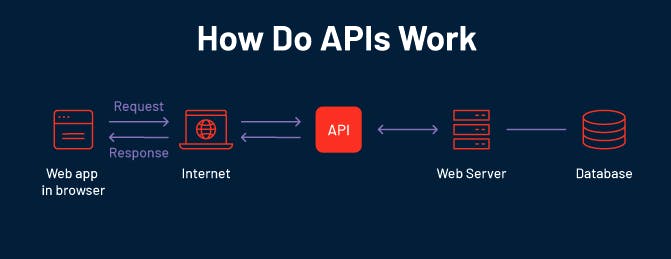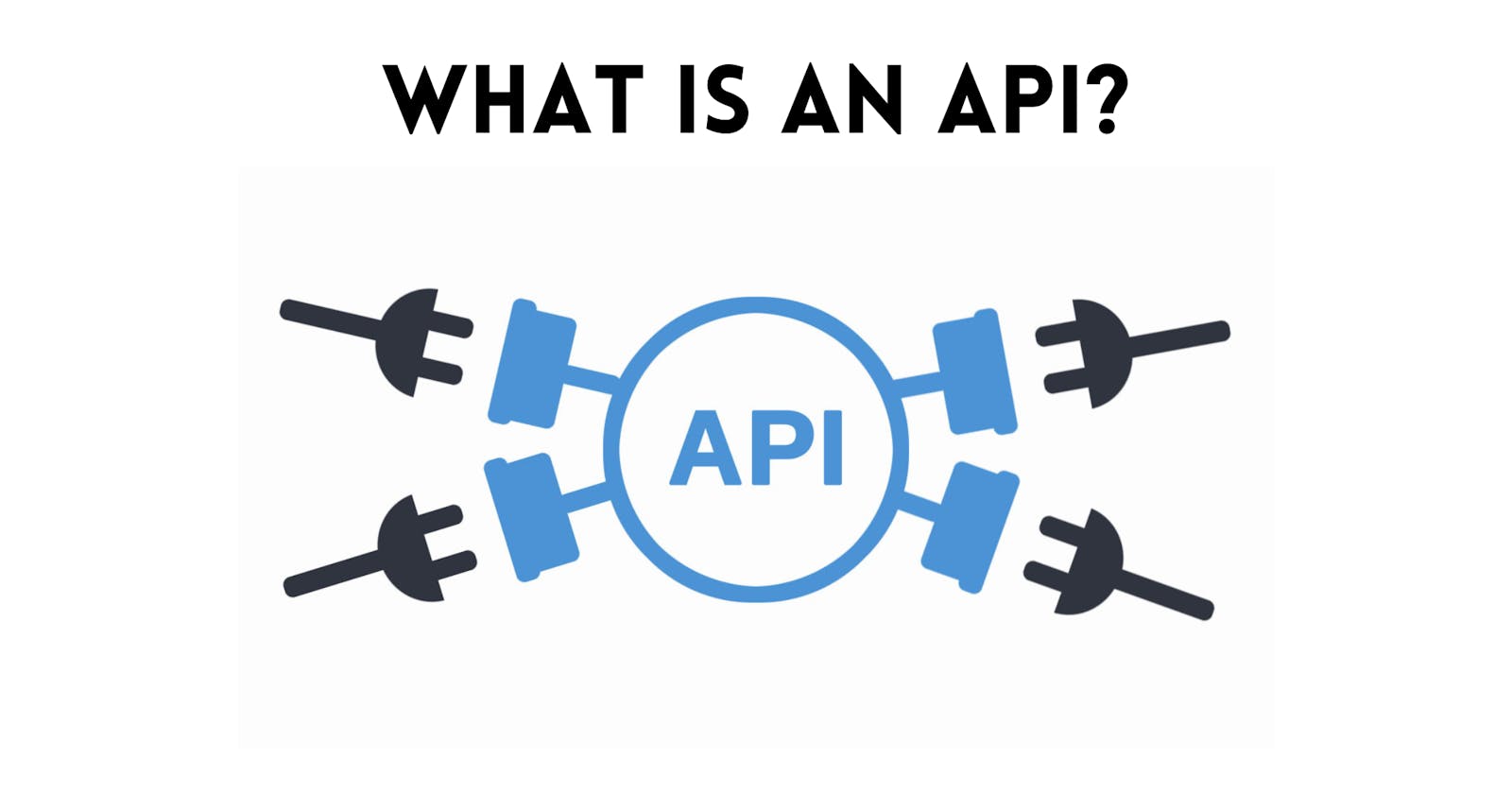What is an API? How does it work and why it is very important for Businesses around the world
An API is an Application Programming Interface which is a set of tools that allow developers to create software and applications. API provides many facilities from providing access to data or services to providing an interface for developers to create applications that interact with other software.

APIs are an essential part of software development and they are becoming highly important for businesses around the world as they are moving their operations to the cloud. APIs allow applications to access data and interact with other applications seamlessly and efficiently.
For example, suppose you are building an app which allows users to search for weather conditions across countries and states for this you can use a Weather API which has all the data and integrates it into your application making it very efficient and easy to build. Moreover, you can also add more features to your app by using multiple APIs.
Without APIs, most of your favourite software wouldn't exist today such as Google Maps API lets you integrate Google Maps on your mobile which is allowing many tech startups like Ola, Uber etc. to provide location service.
Why should you use APIs in your application?
It extends application capabilities.
Allows developers to reuse certain application logic.
APIs are platform-independent, they deliver data without being affected by the requesting platform.
Enables the app to access outside resources.
So How Does an API Work?

Imagine you are trying to order an item from an online e-commerce store now when you click on buy item your request gets transferred to the backend web server of the e-commerce store via an API request.
Now, the backend server will respond to the API request and pass on your order request to the delivery partner and the delivery partner will deliver the requested item to you.
This process of sending a request is called an API request and the response to the API request is called an API response.
So API helps in providing a secured layer between applications and the data they access, protecting sensitive information from unauthorized access.
Types of APIs
Open/Public APIs -
These APIs are available to everyone as a result, open APIs typically have relatively low authentication and authorization measures and are often restricted in the assets they share. These are either free to access or have a subscription fee.
Partner APIs -
Partner APIs are shared externally, but only among those with a business relationship with the API company. Access is limited to authorized clients with official licenses
Internal APIs -
internal APIs (also called private APIs) are not intended for use by third parties. Internal APIs are only made available for use inside a company and are meant to streamline data transfers between teams and systems.
Composite APIs -
Composite APIs combine multiple APIs allowing developers to bundle calls or requests and receive one unified response from different servers.
